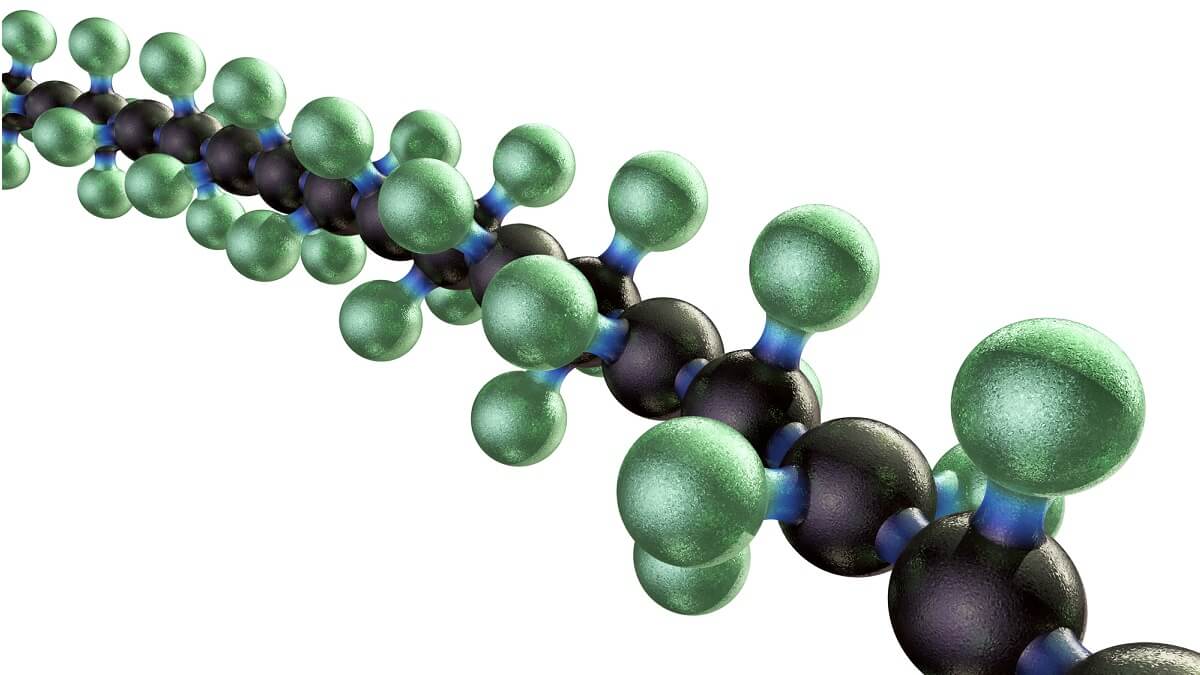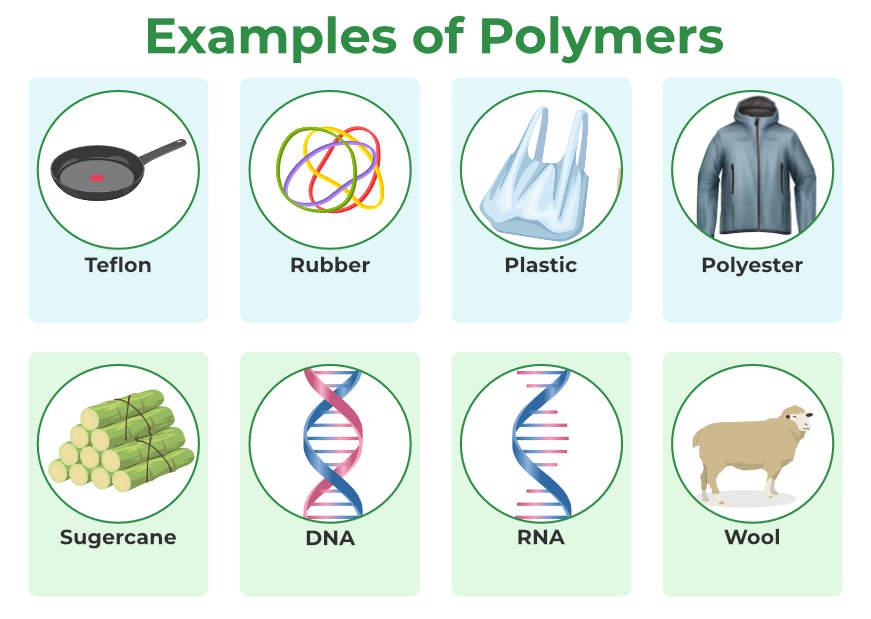Recognizing Polymers: The Science Behind Versatile Materials
Wiki Article
Discovering the Varied Applications and Benefits of Polymers in Different Industries
Polymers, with their diverse range of homes and performances, have become important in different industries, each reaping one-of-a-kind benefits from their application. From improving safety and performance in the auto industry to reinventing medical gadgets in the medical care industry, polymers play a critical role.Automotive Field Applications
Polymers play a crucial function in boosting the efficiency and longevity of different elements within the automobile industry. These versatile materials are extensively utilized in the manufacturing of different components, ranging from indoor components to under-the-hood applications. One noticeable use of polymers in the vehicle market remains in the production of light-weight elements. By changing typical steel parts with polymer-based options, lorries can accomplish better gas performance without jeopardizing on strength or safety.

Medical Care Industry Advantages
In different medical care applications, the benefits of making use of polymers are widely recognized for their varied series of helpful properties. Polymers play a crucial duty in the health care industry due to their adaptability, biocompatibility, and cost-effectiveness. One of the primary benefits of polymers in healthcare is their capacity to be tailored to particular demands, such as adaptability, toughness, and biodegradability, making them excellent for a wide range of clinical applications.Polymer-based materials are extensively made use of in medical gadgets, such as catheters, implants, prosthetics, and medication distribution systems, as a result of their biocompatibility and capability to mimic natural tissues. These materials can minimize the danger of sensitive responses or beings rejected, improving individual safety and results. Furthermore, polymers are light-weight, making them ideal for wearable medical devices and making sure individual comfort.
Additionally, polymers make it possible for the growth of ingenious treatment approaches, such as hydrogels for tissue design and nanocomposites for targeted drug shipment. Their convenience of processing and sanitation makes them important for maintaining high standards of hygiene in medical care settings. Generally, the varied advantages of polymers add significantly to developments in clinical modern technology and individual treatment.
Ecological Benefits of Polymers

Furthermore, polymers can contribute to power cost savings because of their light-weight nature. In industries such as transport, light-weight polymer materials can help lower fuel usage and greenhouse gas emissions. In addition, polymers can allow the development of energy-efficient items such as insulation materials that enhance energy preservation in buildings.
Furthermore, polymers play a vital function in lowering water pollution. The use of polymer-based go to website filtering systems can successfully get rid of toxins and impurities from wastewater, safeguarding water sources and ecosystems. In general, the environmental advantages of polymers make them useful possessions in advertising sustainability and green practices throughout different sectors.
Polymers in Electronics and Technology
Considering the increasing need for cutting-edge and sustainable remedies in modern markets, the combination of innovative polymer modern technologies in the world of electronic devices and innovation has actually arised as an essential approach for driving efficiency and efficiency. Polymers have transformed the electronics market by making it possible for the manufacturing of lighter, a lot more adaptable, and long lasting electronic gadgets. From mobile phones to clinical devices, polymers play a critical function in improving item layout and performance.One substantial advantage of polymers in electronic devices is their protecting homes, which aid protect delicate digital components from ecological elements and electric disturbance. Additionally, polymers are essential in the development of adaptable displays, wearable modern technology, and published electronics, offering endless opportunities for producing wise and interconnected gadgets.
Additionally, the use of polymers in electronic product packaging has actually led to improvements in miniaturization and thermal monitoring, enhancing the overall efficiency and reliability look at this website of digital systems. As modern technology remains to evolve, the versatility and flexibility of polymers will definitely drive better development in the electronic devices sector, forming the future of innovation.
Role of Polymers in Building And Construction and Facilities
The integration of sophisticated polymer products in building and facilities tasks has reinvented the way structures are created and constructed in contemporary times. Polymers provide numerous advantages in the construction industry due to their adaptability, toughness, and cost-effectiveness. One crucial function of polymers in construction is their usage in layers and sealants, providing protection versus environmental elements such as wetness, UV radiation, and rust. Additionally, polymers are used in the production of light-weight and high-strength composite products, boosting the architectural integrity of structures while reducing total weight.Additionally, polymers play a critical duty in lasting building and construction techniques by making it possible for the advancement of energy-efficient structures. Insulating products made from polymers help manage interior temperatures, reducing the demand for home heating and cooling systems and eventually decreasing power usage. In addition, making use of polymer-based compounds in framework tasks such as bridges and roadways enhances their durability and decreases maintenance costs. Overall, the incorporation of polymers in construction and infrastructure showcases their considerable influence on modern engineering methods.
Final Thought
In verdict, polymers play a critical duty in various markets such as automobile, health care, ecological, electronic devices, and building and construction. Their flexible buildings make them important in creating cutting-edge remedies and products. From improving fuel performance in cars to improving clinical tools, polymers provide various benefits. Additionally, their effect on reducing waste and promoting sustainability highlights their relevance in contemporary applications. The extensive use of polymers shows their considerable contribution to advancing modern technology and enhancing top quality of life.Report this wiki page